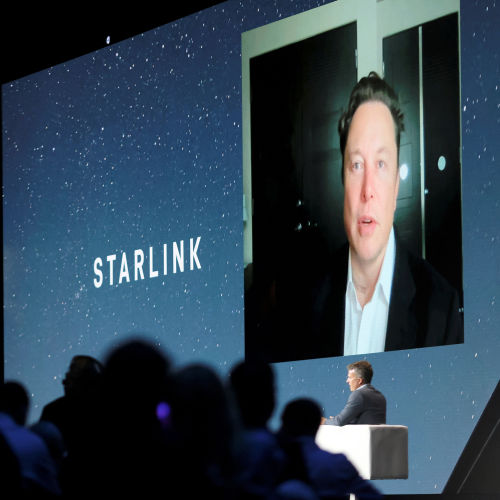Elon Musk’s satellite internet service in India, Starlink, has had a rocky start and the company has suffered a second blow with the resignation of its recently appointed country director and board chairman Sanjay Bhargava.
“I have stepped down as country director and chairman of the board of Starlink India for personal reasons… my last working day was December 31, 2021. I will have no comments,” Bhargava said in a post on LinkedIn late on Tuesday.
Bhargava’s short stint with Starlink started only on October 1. He had previously worked with Musk as part of a global team that had founded the electronic payments firm PayPal.
The Starlink executive cited personal reasons for his resignation, but analysts were surprised by the news and fear the setback indicates that the going will now be increasingly rough for the upstart satellite broadband company.
Connection Issues
“The resignation indicates that Starlink has been unable to connect with the Indian government and is re-configuring its approach to India,” said Mahesh Uppal, a director at ComFirst, who is a regulation and policy consultant in New Delhi.
In December, India’s Department of Telecom (DoT) issued an advisory note stating that Starlink had not obtained a licence or authorisation required to operate its satellite internet services in the country. It said the company must refund orders it had accepted from subscribers.
Starlink was forced to announce that is processing refunds for some 7,000 subscribers following the directive.
It also said that “unfortunately, the timeline for receiving licences to operate is currently unknown, and there are several issues that must be resolved within the licensing framework to allow us to operate Starlink in India.”
But late last month, Bhargava said the company was hoping to get the required licence on or before January 31, 2022.
However, the analyst Uppal suggested the company could face far more serious challenges. “The way I look at it is, aside from the government, Starlink may also be facing opposition from other players,” he said.
Fierce Competition
Telecom officials have not formally announced the country’s satellite broadband policies and are yet to award licences for satellite broadband but Starlink could face several serious rivals.
They include One Web, a consortium involving Hughes Network and Bharti Airtel, plus Amazon’s Project Kuiper, Tata-Telesat, and state-owned BSNL-Inmarsat, all of which are said to be racing to launch the cutting edge technology.
Indeed, on Wednesday, Hughes Network Systems and Bharti Airtel announced that they have created a joint venture to deliver satellite broadband services in India.
They said the new venture would provide flexible and scalable enterprise networking solutions that use satellite connectivity for primary, backup and hybrid implementation.
The Hughes-Airtel alliance will also offer multi-orbit solutions, the statement said, and compete directly with Starlink in India, analysts said.
“However, until the DoT decides on when it plans to award licences, come up with pricing and service norms, and reveals its spectrum policies as well, I think all other players face the same uncertainties as Starlink,” said Mumbai-based Shiv Putcha, founder and principal analyst at Mandala Insights, an independent telecom analyst firm.
“So, Bhargava’s resignation may not matter, if Starlink can quickly replace him.”
• By Indrajit Basu
























